AI Answer Evaluation Platform Live Now. Try Free Answer Evaluation Now

Nutritional Anthropology
Nutritional anthropology is a multidisciplinary field that examines the intricate relationship between human dietary habits, culture, and evolution.
+91-7303290503, +91-9557169661 | MON to SUN 10:00 AM - 6:00 PM
Physical anthropology, branch of anthropology concerned with the origin, evolution, and diversity of people. Physical anthropologists work broadly on three major sets of problems: human and nonhuman primate evolution, human variation and its significance (see also race), and the biological bases of human behaviour.

Nutritional anthropology is a multidisciplinary field that examines the intricate relationship between human dietary habits, culture, and evolution.
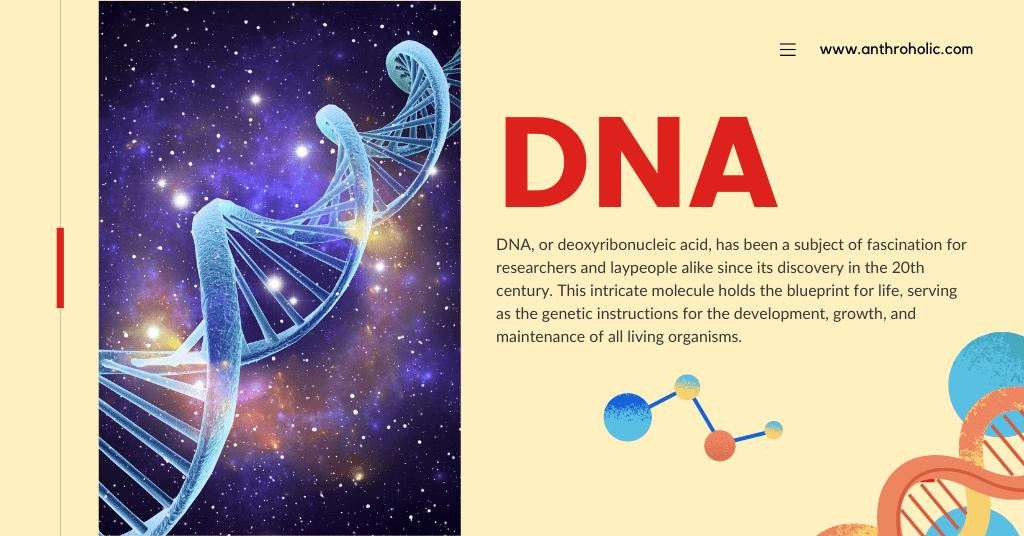
DNA, or deoxyribonucleic acid, has been a subject of fascination for researchers and laypeople alike since its discovery in the 20th century.
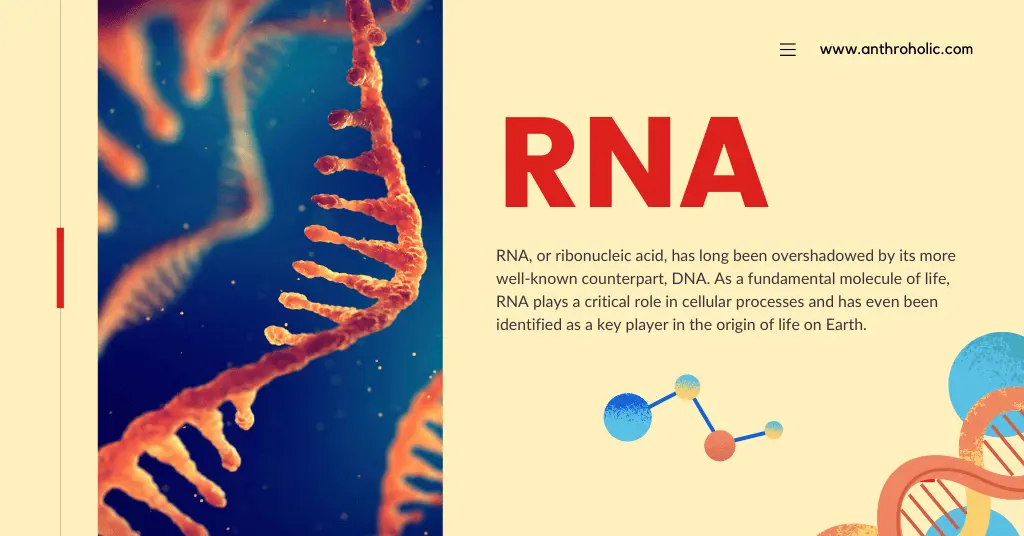
RNA, or ribonucleic acid, has long been overshadowed by its more well-known counterpart, DNA. As a fundamental molecule
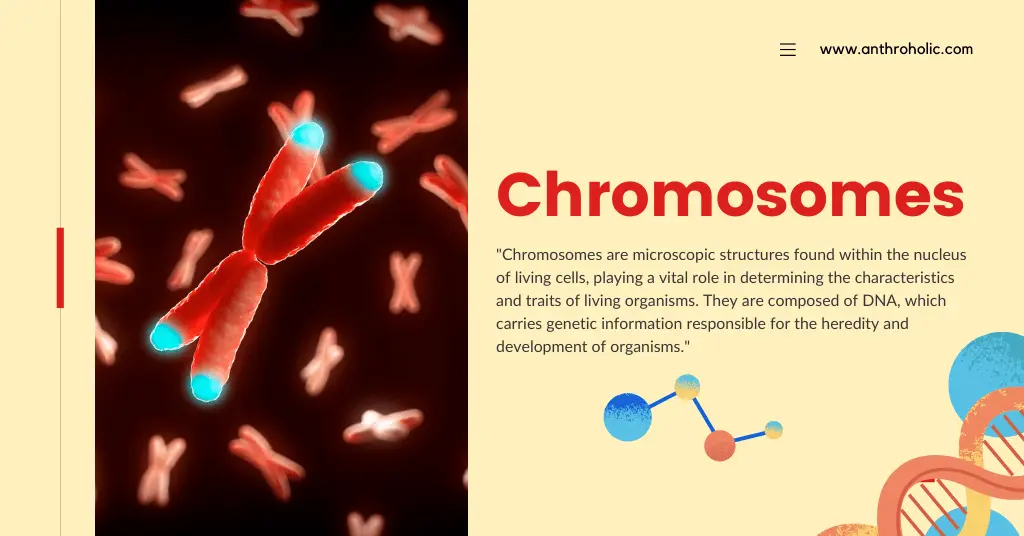
Chromosomes are microscopic structures found within the nucleus of living cells, playing a vital role in determining the
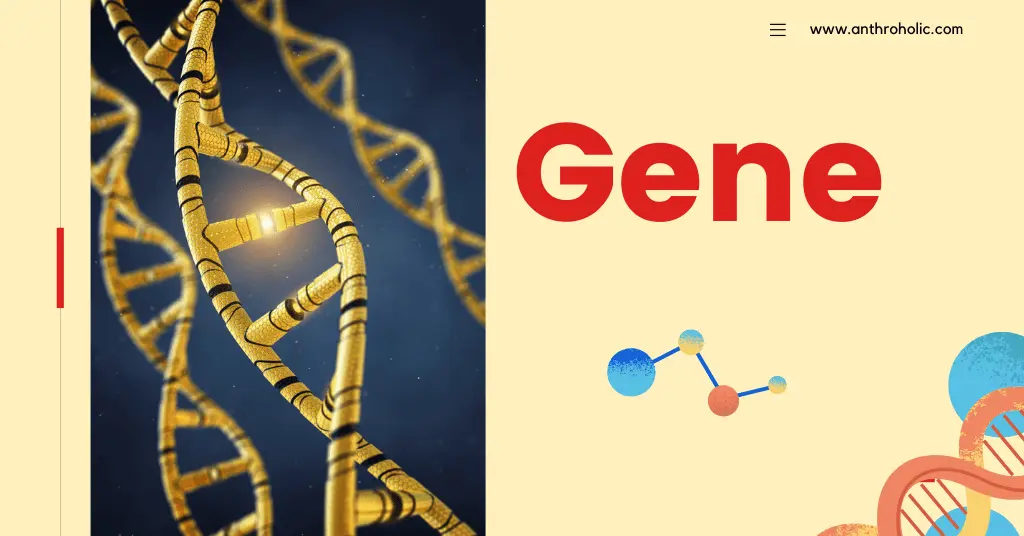
Genes are segments of DNA (deoxyribonucleic acid), a molecule composed of two long, intertwined chains made up of nucleotides.

The ABO blood group system, the first and most significant blood classification system known to mankind, has played a critical
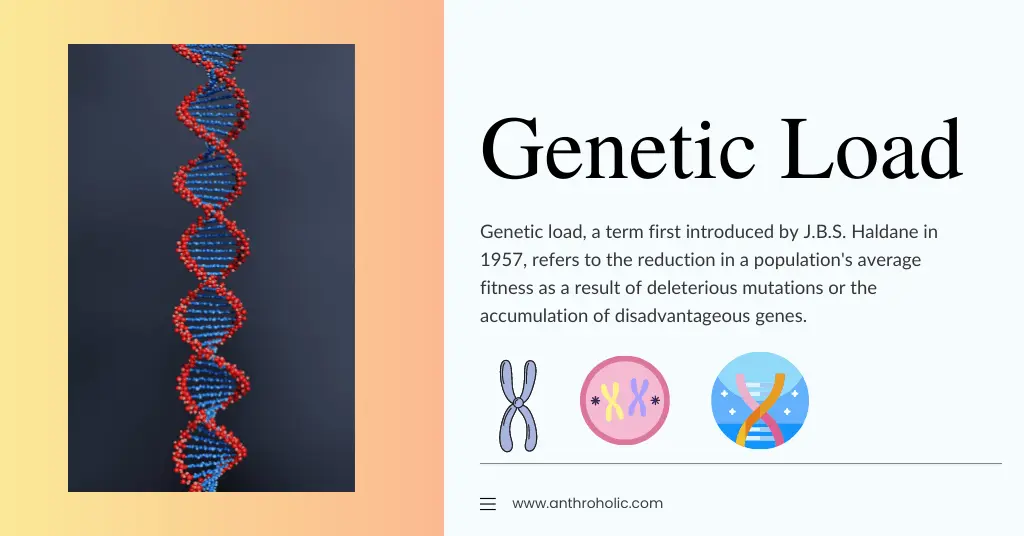
Genetic load, a term first introduced by J.B.S. Haldane in 1957, refers to the reduction in a population's average
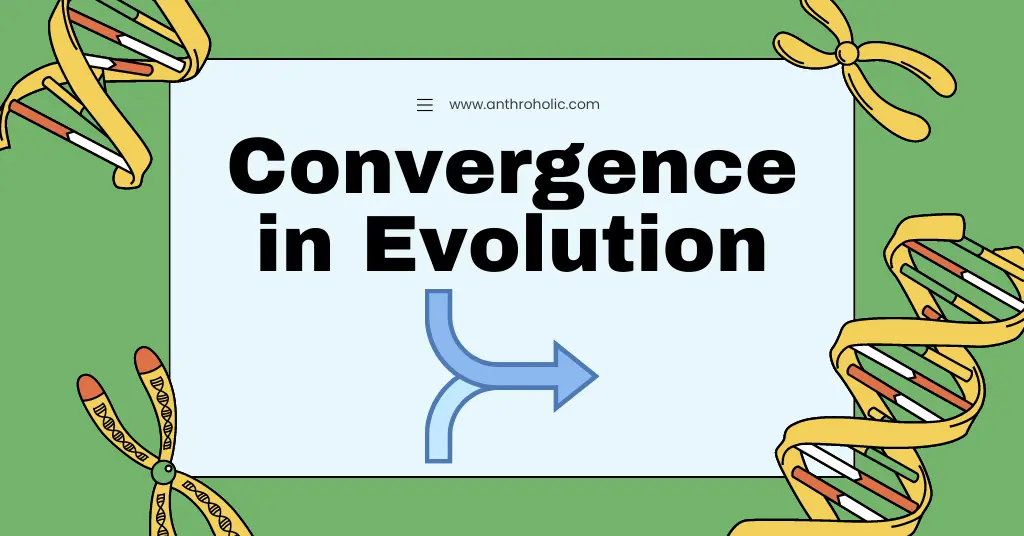
Convergent evolution occurs when unrelated organisms independently evolve similar features or traits as a result of adapting
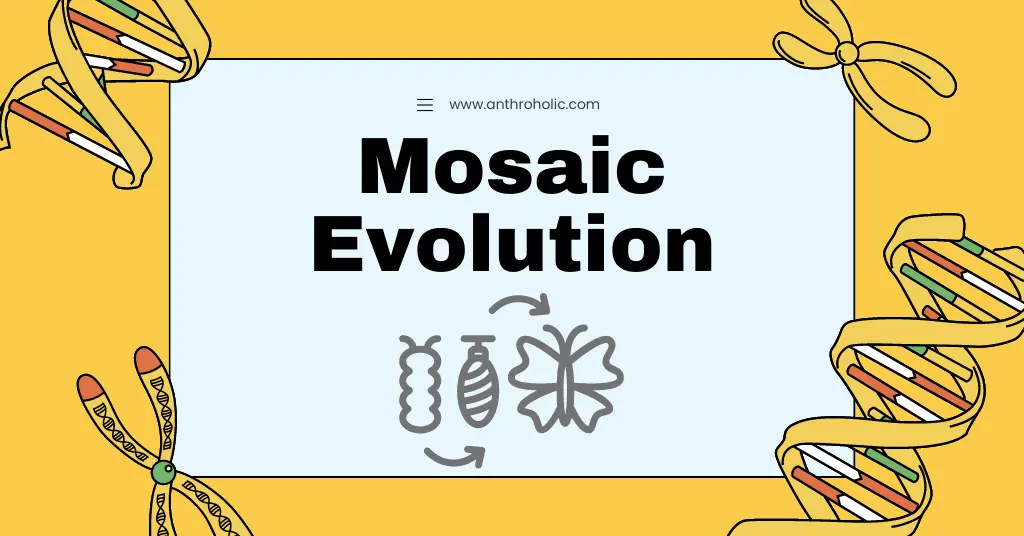
Mosaic evolution refers to the process by which various traits within an organism or lineage evolve at different rates and often independently from one another.
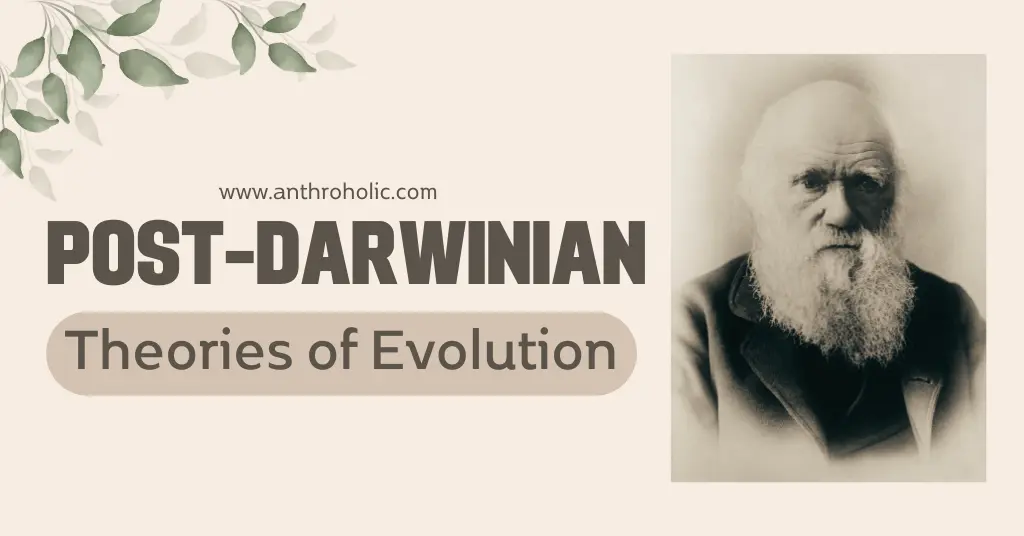
These post-Darwinian theories of evolution build upon and refine Darwin's work, offering new perspectives and insights into
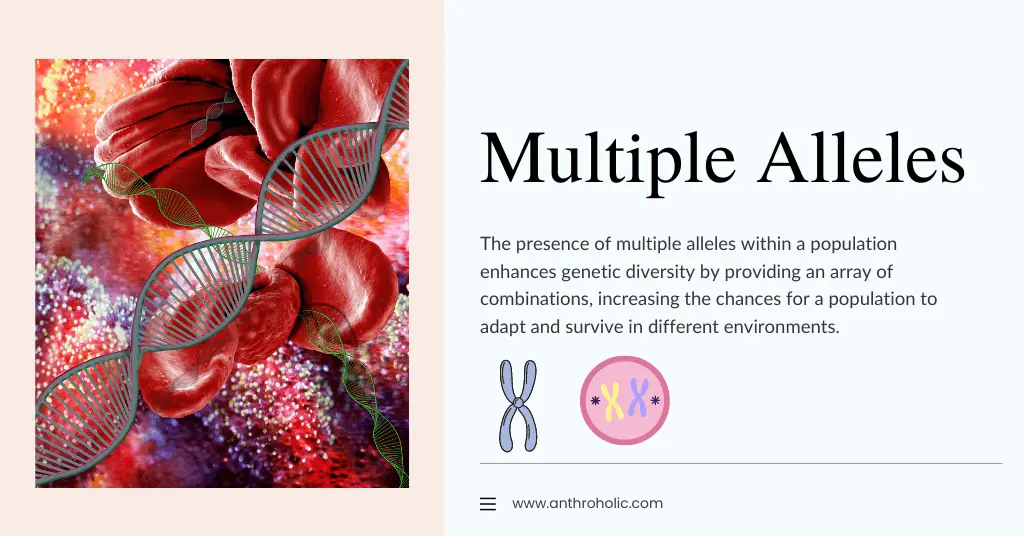
The presence of multiple alleles within a population enhances genetic diversity by providing an array of combinations,
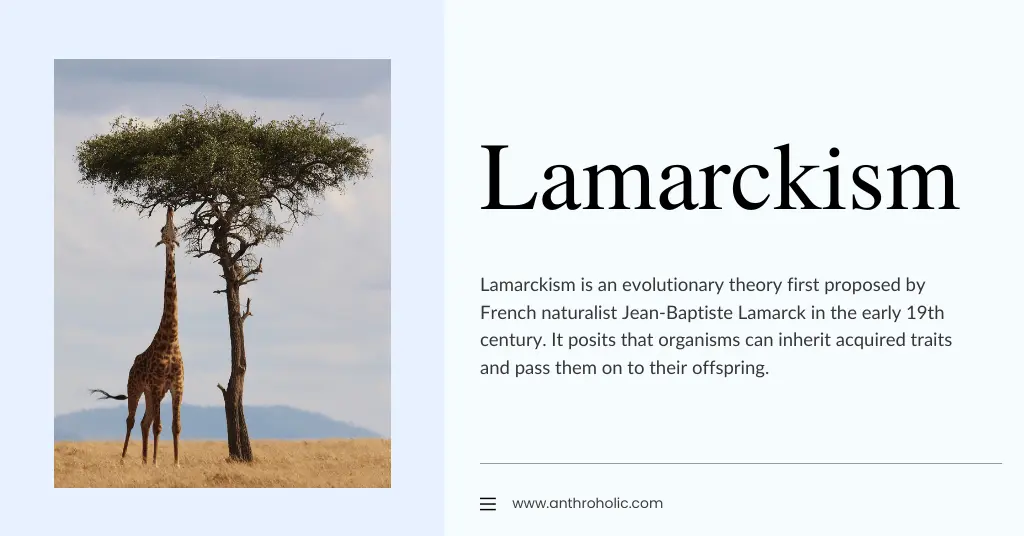
Lamarckism is an evolutionary theory first proposed by French naturalist Jean-Baptiste Lamarck in the early 19th century.